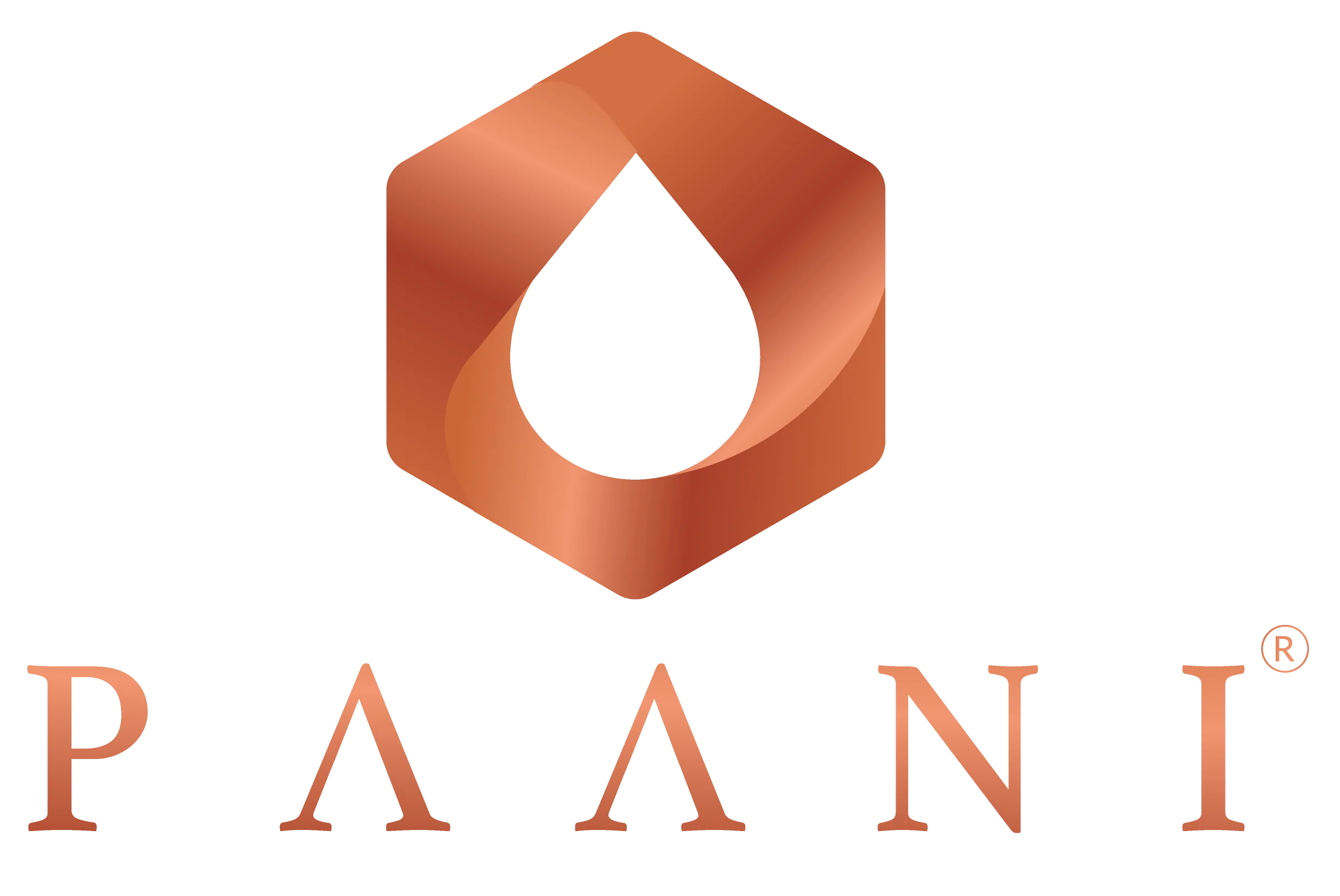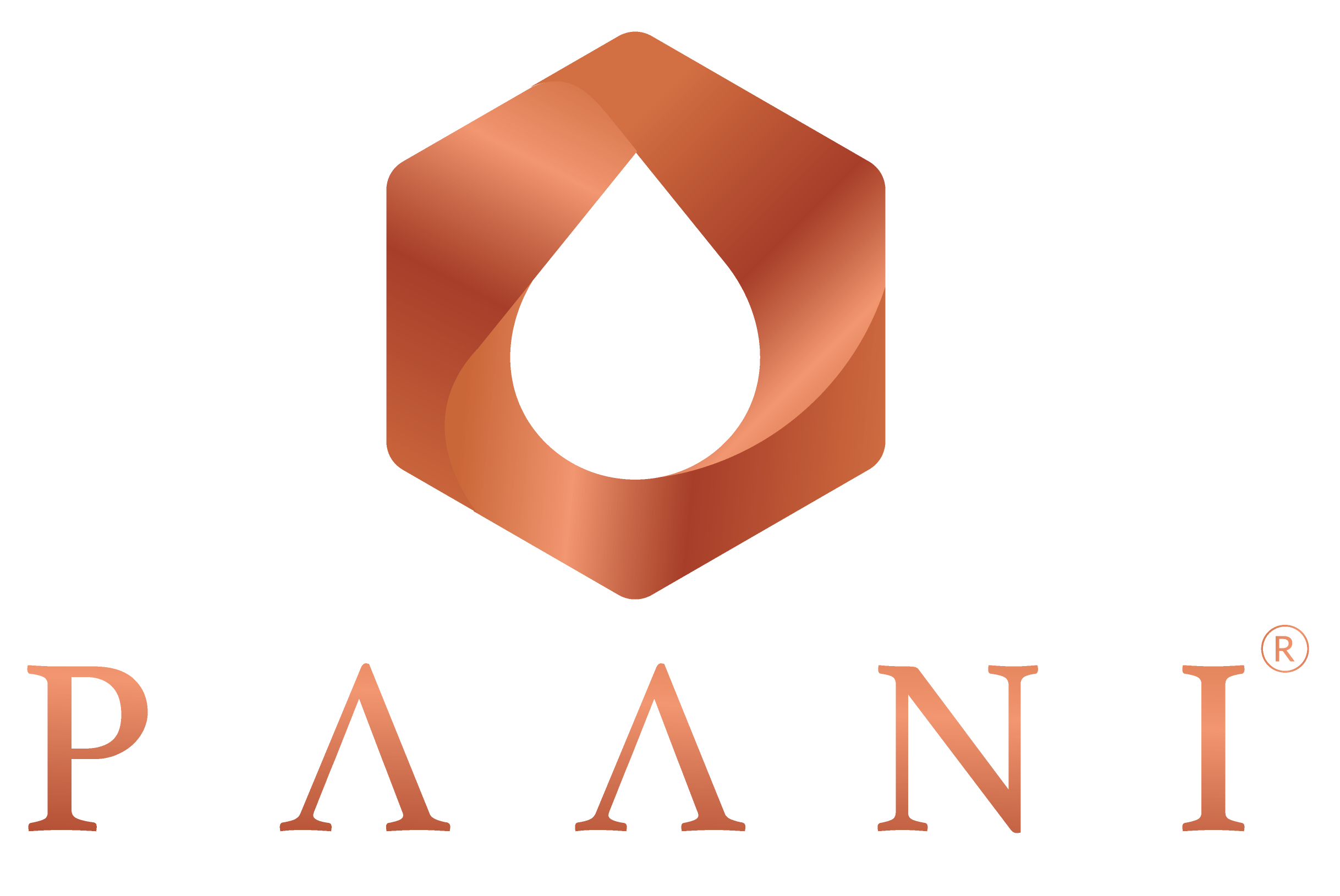IS IT SAFE TO DRINK WATER IN A COPPER VESSEL DURING PREGNANCY?
Copper is an essential trace element that plays a vital role in human wellness, but is it safe for pregnant women to drink water stored in copper vessels? Here’s a detailed look:
Can Pregnant Women Drink Water Stored in Copper Vessels?
Yes, in moderation, drinking water stored in a pure copper vessel is generally considered safe during pregnancy. When stored, the water absorbs trace amounts of copper, approximately 0.5 mcg per serving, as confirmed by Professor Bill Keevil (BSc PhD CBiol FRSB FRSPH FAAM), an expert in Environmental wellness care. This amount is well below the daily recommended copper intake for women, which is around 1,100 mcg/day. Thus, the copper release from the vessel is minimal and falls safely within the acceptable range for maintaining wellness copper levels.
However, we recommend consulting with your wellness care provider before making any significant changes to your hydration routine during pregnancy, especially if you're considering using copper vessels regularly.

Why Is Copper Essential for Pregnant Women?
Copper is crucial for maintaining wellness skin, bones, and immune function. It plays a key role in iron absorption, red blood cell production, and the development of the baby.
How to Choose and Use Copper Vessels During Pregnancy
When selecting a copper water bottle, it’s essential to ensure it is made from pure copper without any harmful additives. Handcrafted bottles, like Paani, guarantee purity and are lab-tested for safety. To prevent copper oxide build-up, which may affect taste and safety, clean your bottle weekly using natural agents like lemon and salt. For optimal benefits, refill your bottle every 16 hours to maintain fresh, properly infused copper water. Paani’s commitment to this balance is why they stand by their slogan: "Drink Fresh, Drink Pure, Drink Paani."
How Much Copper Does a Pregnant Woman Need?
Pregnant women typically need around 1,000 mcg of copper per day, slightly more than the 900-mcg recommended for non-pregnant adults. This copper intake comes primarily from food sources like nuts, seeds, whole grains, and leafy vegetables. The trace amounts released from copper vessels—0.5 mcg per serving—are far below this threshold, making it a safe supplement to your daily copper intake.
What Are the Signs of Copper Deficiency in Pregnant Women?
Copper deficiency, though rare, can lead to symptoms such as fatigue, anemia, weak bones, frequent infections, and poor memory or focus. During pregnancy, it’s important to monitor these signs, as copper is essential for both maternal and fetal wellness. If you're unsure about your copper levels, a simple blood test can determine whether you're getting enough of this essential mineral.

Conclusion
In conclusion, drinking water from copper vessels during pregnancy is safe in moderation, but it's always advisable to consult your wellness care provider before introducing new habits. Copper supports essential bodily functions, and using a copper water bottle like Paani can be a natural and beneficial way to incorporate this mineral into your daily routine.
Back to blogs
